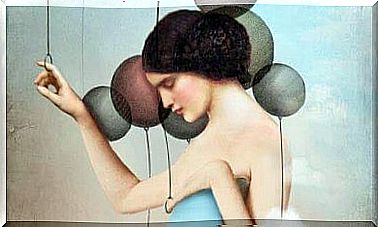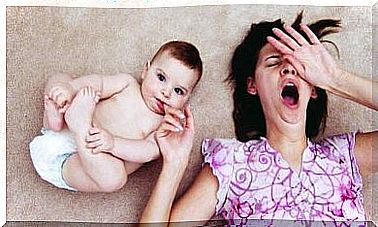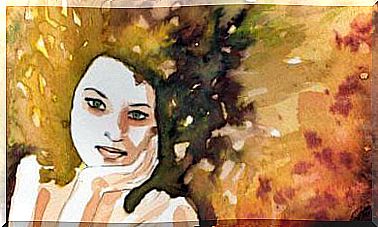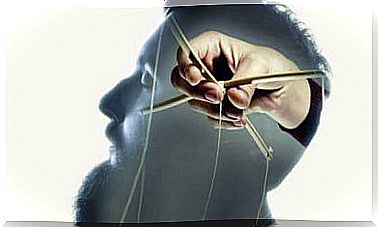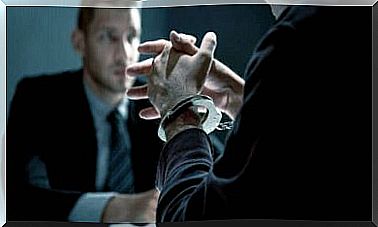What Masks Are You Wearing?
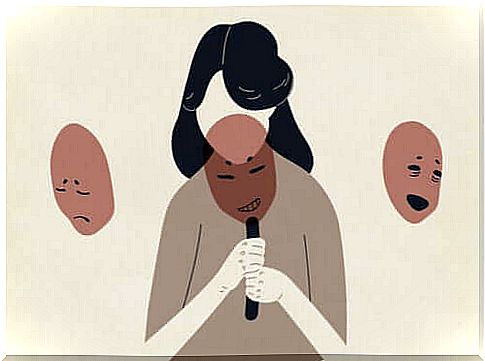
Masks are instruments that we use to try to adapt to certain circumstances and, thus, to reinvent ourselves to continue. They allow us to act as if we are capable of anything and protect ourselves from what we think could harm us.
In other words, masks are unconscious defense mechanisms that attempt to protect our real “I” when it may be in danger. It is a gear that allows us to survive. Therefore, wearing a mask does not necessarily harm us.
However, there are circumstances in which this mask that we adopt does not perform this adaptive function, on the contrary. These masks rooted in our real face have been widely studied in psychopathology. They are in fact called “ego” in Gestalt psychology or “cultural preserves” in psychodrama.
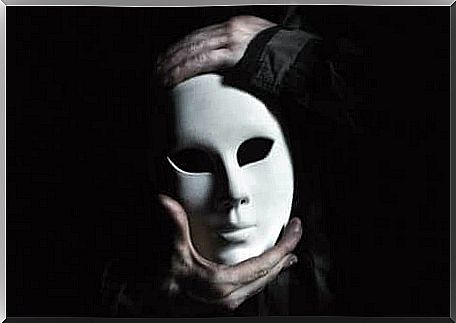
When do we need masks?
We learn to use masks from an early age when we realize that in certain situations, we cannot behave as we would like if we want to be accepted.
So we learn that we need to control, for example, our frustrations and temper tantrums in order for our parents to give us their approval. Or that we have to be patient and friendly with our classmates for them to accept us.
These masks mark the limits of the relationship with others and represent the different roles that we will need to play in our lives. They allow us to reflect on our impulses, developing higher abilities such as empathy.
In addition, we must also resort to these masks or internal characters in specific situations. For example, we may need a mask of strength in the face of adversity or during difficult times, to allow us to let go later.
The types of masks that accompany us
We learn to wear masks from childhood, until we die. Some of them save us, others hurt us. Among the most common are:
- The good little one: the child who has learned to behave well to always be accepted, who has difficulty setting limits or giving his opinion for fear of being rejected. He seeks affection through the gentleness and satisfaction of the other
- The warrior: this mask, developed during hard battles, allows us to get out of great adversity. But also to put aside the fear and indecision that we may feel to take the lead
- The insensitive: the indifferent character who remains impassive to everything that happens outside. He defends himself from external threats, hiding his suffering
- The Savior: You give yourself the mission to save everyone. Followers of lost and undeserved cases responsible for the misfortunes of others wear this mask
- The patient: he learned that in life, everything is misfortune and that the way to seek the love of others and their attention passes through victimization
- The tough guy: a regular mask for the most sensitive people who fear being hurt and appearing vulnerable. Faced with this fear, they even learned to be aggressive
- The Eternal Happy: People who may have a harder time accepting emotions like sadness, anger, or loss will pretend everything is fine with a bitter smile. It’s about a headlong rush of their emotions
- The funny: he learns with humor to flee their emotions. It is a mask similar to the previous one which, in addition, can make you believe that others will not accept you anymore if you put aside the jokes and decide to be honest.
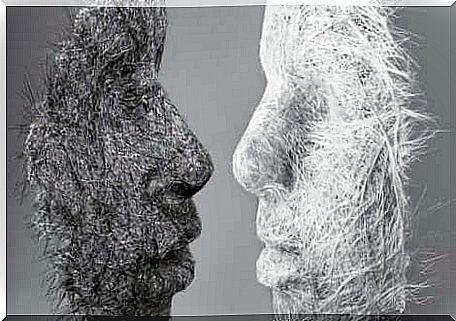
When the mask remains stuck on our face
All of these masks have something in common: they allow us to protect our real “selves” from possible threats. Sometimes we wear these masks for so long that they stick to our skin. And then we ask ourselves: am I really like this? Is this mask part of my essence?
If we ask ourselves this question, it is because we have been wearing this precious mask for too long. And, perhaps, his role is linked to the remains of this wounded child who longs to be loved and seen by others.
The masks that once protected us have now ceased to function and have become a way to disconnect from our emotions, to forget our true desires and our true values. The loss of essence and emotional connection can lead us to a dead end. Indeed, we try to wear the same mask over and over again, even if life changes.
It can be difficult to come off some masks. For example, in the case of the badass, the latter may think that people appreciate him for this facet and that they will abandon him when they see his vulnerability. However, this is only a mirage of his own thoughts.
Once our daily function is over, we can go home and, taking off all the masks and looking in the mirror, see and connect with our authentic “me”. Observe who you really are, with your own light and your own darkness, to love yourself before anyone else. Only then will you be able to show your naked face to others.


